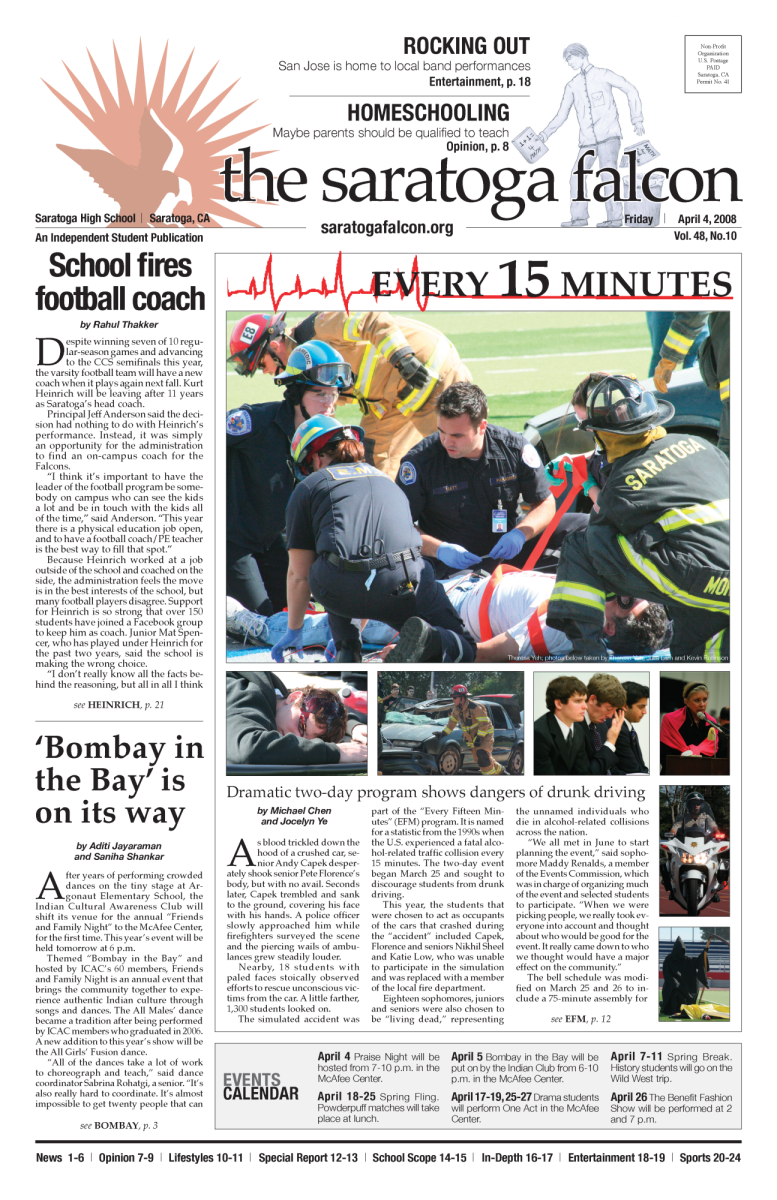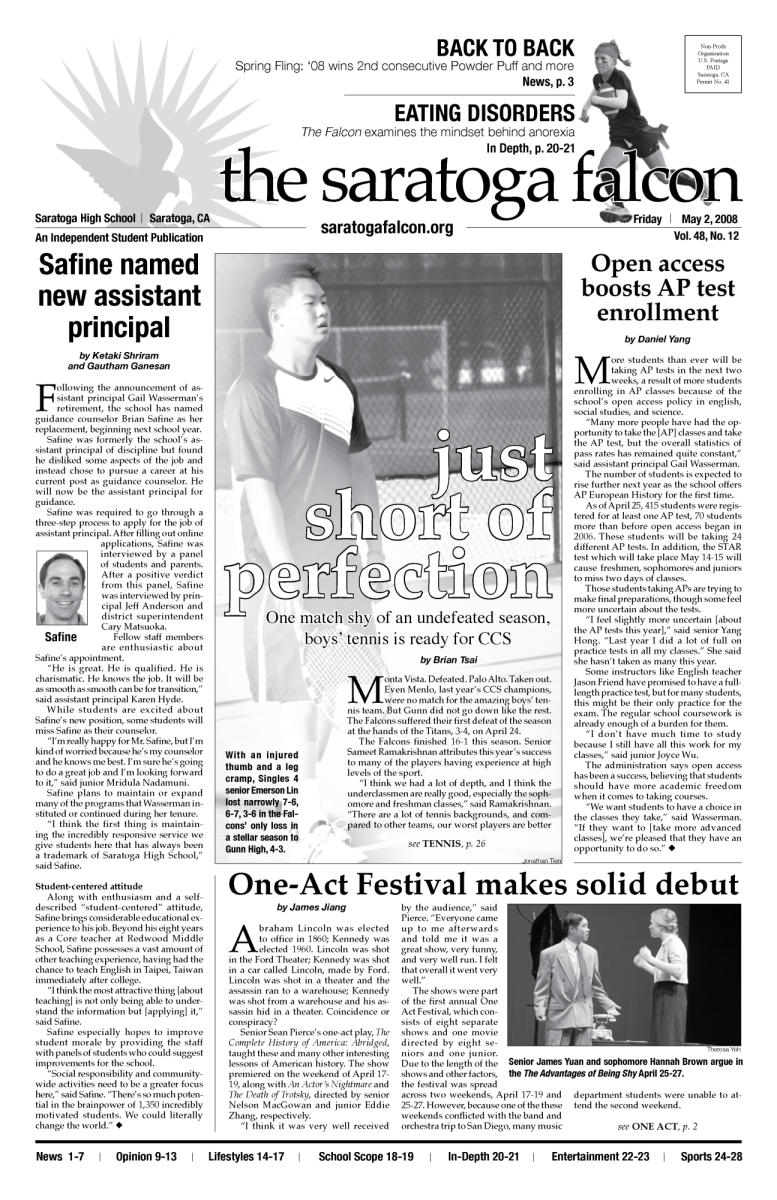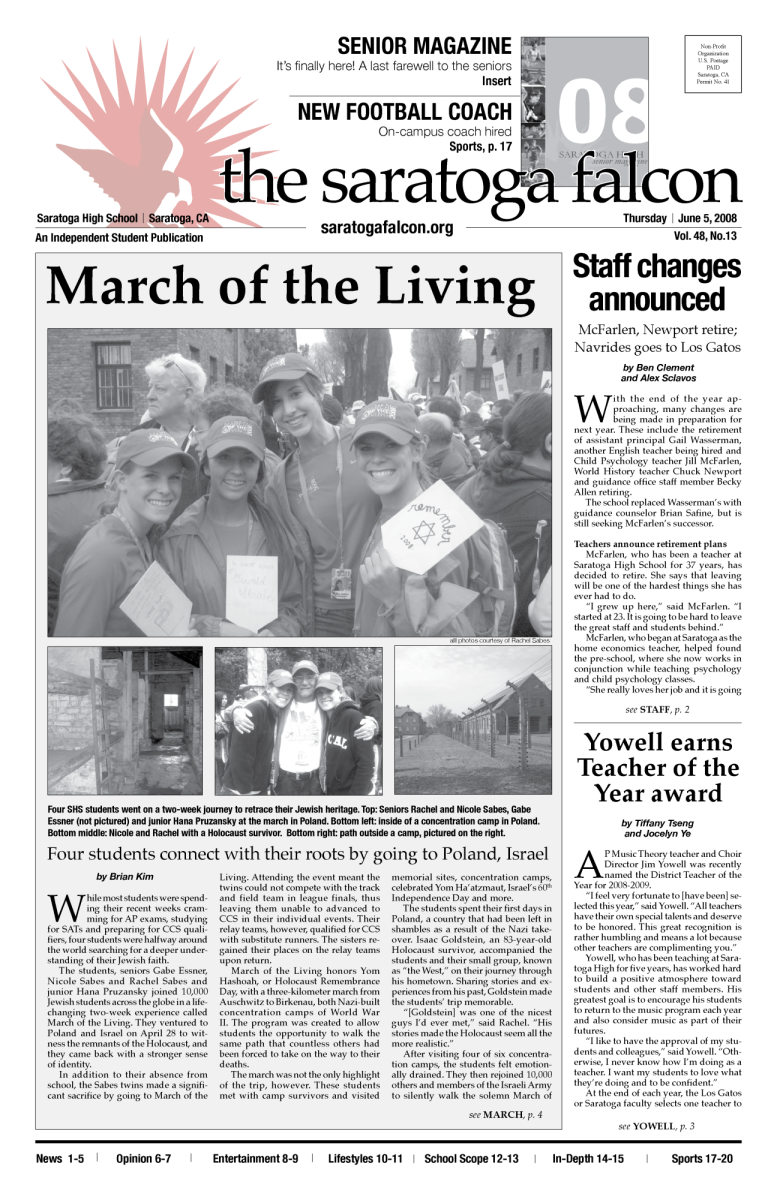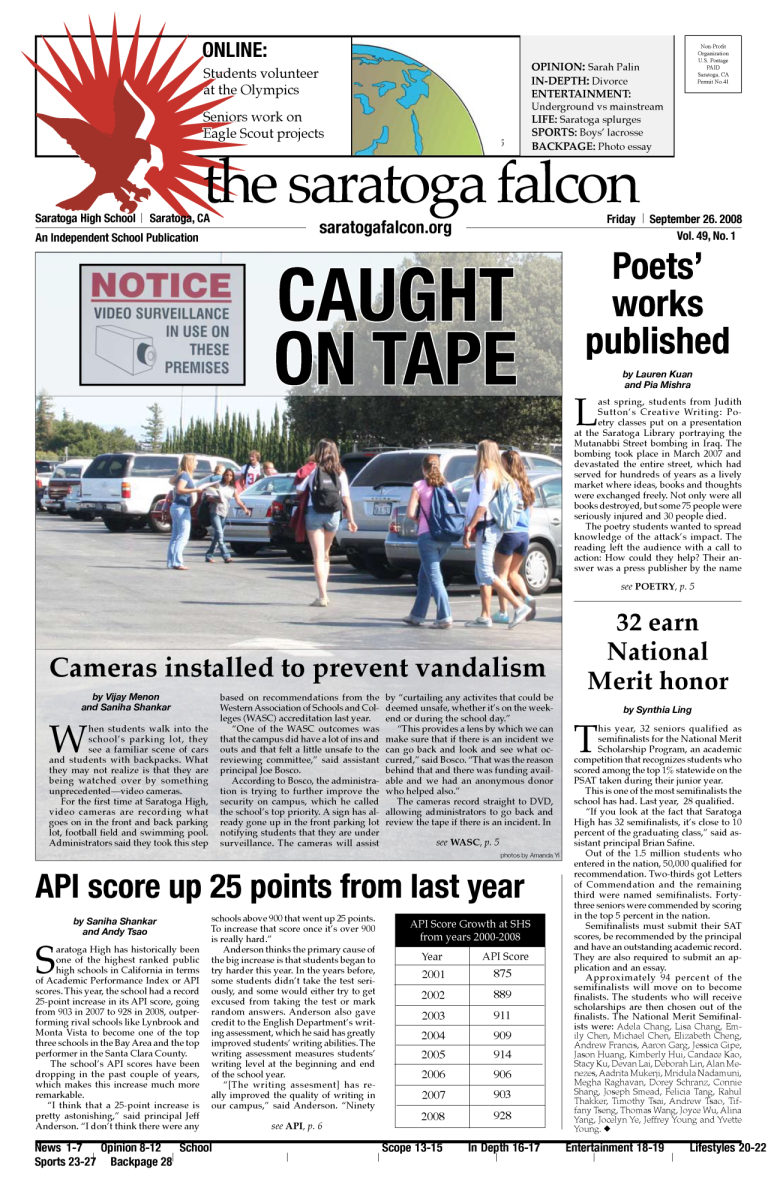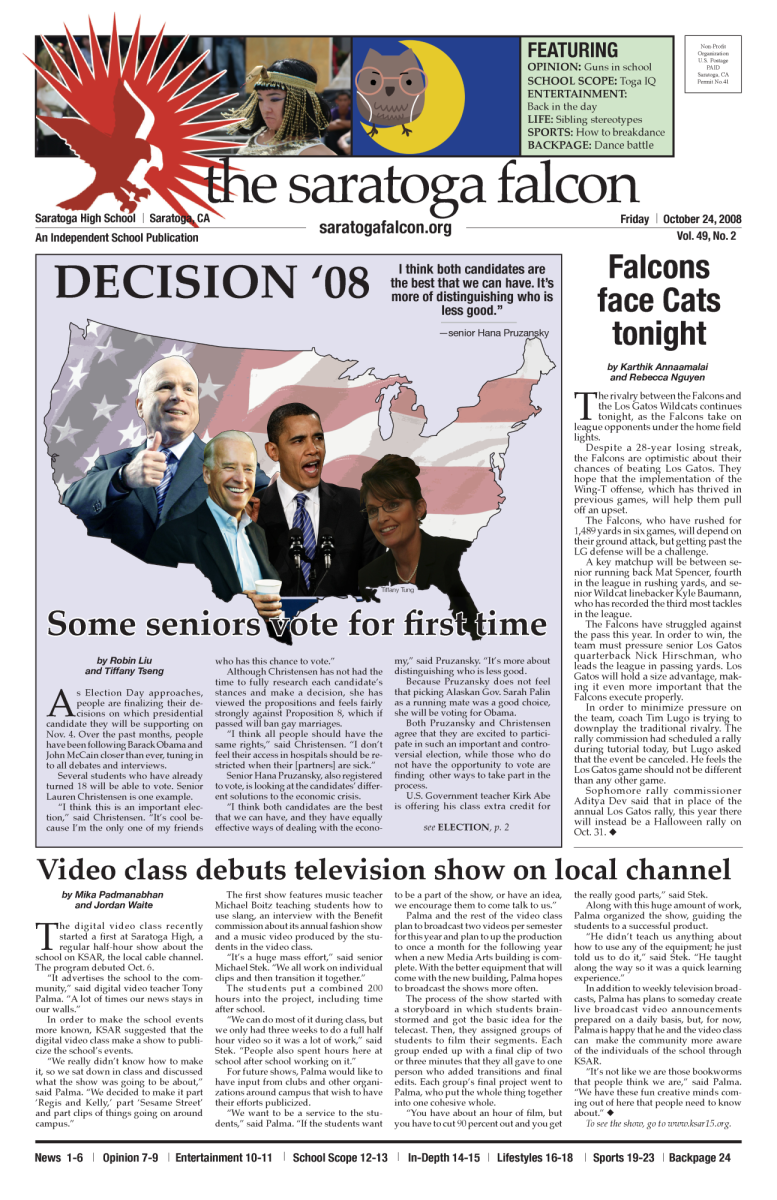With a dissected rabbit’s knee beside her, junior Aileen Liao carefully cut open the specimen’s ACL to mimic a typical injury. Using Digital Volumetric Imaging (DVI) technology, she analyzed the various injury features and methodically graded the severity of each tear. Liao’s study would later be her 2020 Synopsys Science and Engineering Championship project.
Liao was one of hundreds of students to participate in the competition held on March 11 and 12. Through her project, Liao aimed to characterize early osteoarthritic cartilage degeneration patterns over time, which could be used to create stage-specific treatments and therapies for humans.
Seven SHS students received awards for their research in various categories this year. Freshmen Isha Jagadish and Ishan Kar, sophomore Ethan Zuo, and Liao took home Honorable Mention awards. Freshman Nidhi Mathihalli, sophomore Aeshon Balasubramaniam and junior Karen Lei received first place awards.
For the first time since the fair’s inception, the COVID-19 outbreak forced judging to take place online. Participants uploaded their project files to the cloud, and judges spoke to participants via nearly a dozen video conferences. Through these conferences, judges evaluated participants’ projects based on five categories: scientific thought or engineering goals, creativity, independent work and skill, thoroughness and clarity.
Teams of two to five judges were assigned to evaluate groups of 8 to 12 projects of similar categories and fields of study, ranging from Biological Science and Engineering to Physics and Astronomy. From these groups, the judges selected a first place, second place, and honorable mention award.
In addition to the category awards, some students won awards from specific organizations. Jagadish and Mathihalli won the American Society of Engineers of Indian (ASEI) Origin Award, and Lei received a $100 IBM award. Mathihalli also qualified for the California Science and Engineering Fair (CSEF) in Los Angeles, but the event was canceled due to the pandemic.
Synopsys is affiliated with the Society for Science & the Public, which oversees many of the science fairs across the country and allows students to progress from the regional to international level. During Synopsys judging, judges select specific projects such as Mathihalli’s AI-powered money reader for the visually impaired to qualify for CSEF, the state level fair.
Mathihalli said the difficulty of the fair remained the same and she ran into little problems despite the novel format. She found the only challenge was explaining and demonstrating her prototype and code to the judges.
However, she was disappointed in one other aspect of the revised format. “The in-person fair would have been much more fun because one of the biggest things in Synopsys is seeing other people’s projects and making new friends,” Mathihalli said. “I know some of my friends from other schools were doing really cool projects, but I couldn’t see them or their projects this year, which was a big bummer.”
Liao said she was inspired by her personal connection with ACL tears and osteoarthritis, which prompted her summer research at UC San Diego’s CTE lab. Motivated to continue performing research in this field, she participated in Synopsys for the first time, allowing her to dive deeper into osteoarthritic research and confirm her interest in the sciences.
“I have a deeper relationship with my mentors and am so thankful to both my lab and Synopsys for giving me this opportunity,” Liao said.
Aeshon Balasubramanian: Invasive Species Detector: A Novel, Portable Approach with Deep Learning
Isha Jagadish: Improving Awareness of the Visually Impaired with a Wearable Device Using Computer Vision, AI, and a Voice-Driven App
Ishan Kar: A new method to compute Hadamard product of two rational functions
Aileen Liao: Microscopic orientation of early stage post-traumatic osteoarthritic articular cartilage
Karen Lei: Characteristics and Identification of an Unknown 21 cm HI emission
Nidhi Mathihalli: An Application to help the Visually Impaired read Money using AI/Machine Learning
Ethan Zuo: Two-Phase Jet Impingement Cooling for Data Center High Power-Density Processors
























